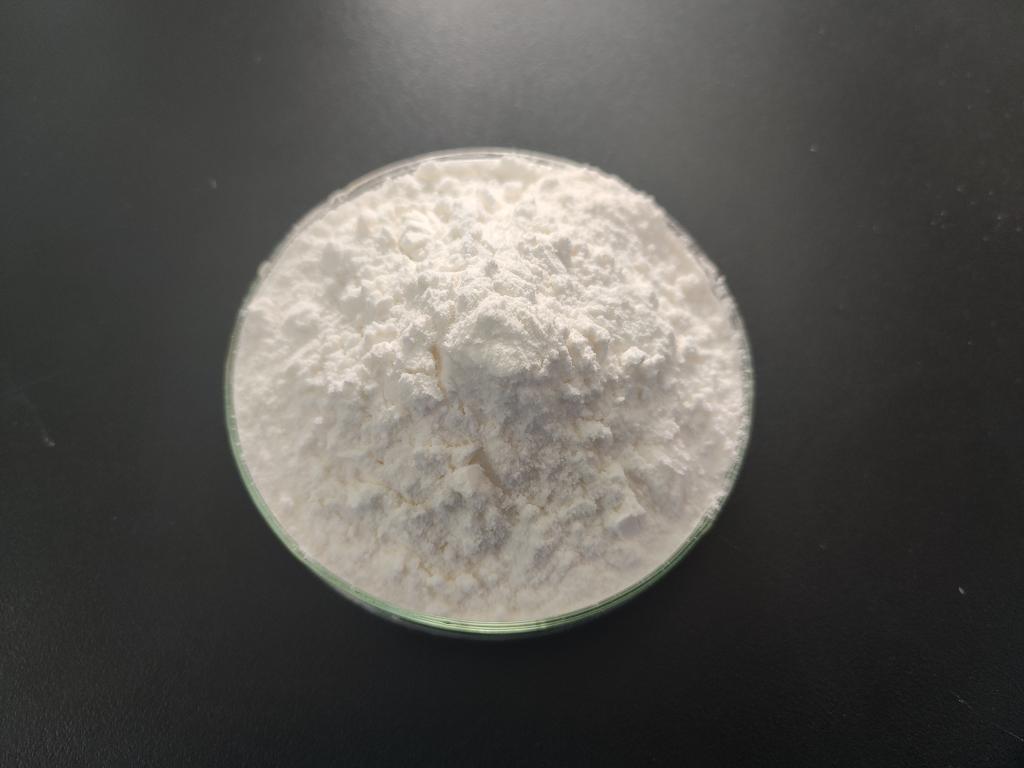Tel:+8618231198596

News
 CONTACT
CONTACT
 CONTACT
CONTACT
- Linkman:Linda Yao
- Tel: +8618231198596
- Email:linda.yao@dcpharma.cn
- Linkman:CHARLES.WANG
- Department:Overseas
- Tel: 0086 0311-85537378 0086 0311-85539701
News
Enhancing Livestock Health: ε-Polylysine Hydrochloride's Role in Animal Feed Preservation
TIME:2023-12-21
1. Introduction:
The health and well-being of livestock are critical factors in the agricultural sector, influencing the quality of animal products and the overall sustainability of the industry. With a growing emphasis on natural solutions, ε-polylysine hydrochloride has gained attention for its role in animal feed preservation. This article delves into the various aspects of ε-polylysine's application in livestock nutrition, focusing on its antimicrobial properties, impact on feed quality, and the potential benefits for enhancing overall livestock health.
2. Livestock Health and Agricultural Sustainability:
Livestock play a central role in global agriculture, providing essential products such as meat, milk, and eggs. The health of animals is directly linked to the productivity and sustainability of the agricultural sector. Effective strategies to enhance livestock health not only contribute to the welfare of animals but also impact the economic viability of farming operations.
3. The Challenge of Feed Preservation:
Animal nutrition is a key determinant of livestock health, and the preservation of animal feed is a critical aspect of ensuring a balanced and nutritious diet. Feed preservation becomes particularly challenging in the context of modern agricultural practices, where large-scale production and distribution demand solutions that extend the shelf life of feed without compromising nutritional quality.
4. The Antimicrobial Power of ε-Polylysine:
Enter ε-polylysine hydrochloride, a natural antimicrobial compound derived from the fermentation of Streptomyces albulus. Its ability to inhibit the growth of a wide range of microorganisms, including bacteria and fungi, positions it as a promising candidate for preserving the integrity of animal feed. This natural preservative offers a targeted and effective solution to combat spoilage and maintain the nutritional value of livestock feed.
5. ε-Polylysine in Feed Preservation: Mechanisms and Benefits:
The incorporation of ε-polylysine hydrochloride into animal feed involves a multi-faceted approach. Its antimicrobial action prevents the proliferation of harmful microorganisms that can lead to feed spoilage, ensuring that livestock receive feed with preserved nutritional quality. This, in turn, has positive implications for the health and productivity of the animals.
6. Impact on Animal Gut Health: Probiotic Potential:
Beyond its role in feed preservation, ε-polylysine hydrochloride exhibits characteristics that align with the principles of probiotics. Probiotics, known for promoting a healthy gut microbiota, contribute to enhanced digestion and nutrient absorption in animals. The potential probiotic effects of ε-polylysine make it a unique compound in supporting overall gut health in livestock.
7. Reducing the Need for Synthetic Additives: Clean and Natural Solutions:
One of the significant advantages of using ε-polylysine in animal feed preservation is its ability to reduce reliance on synthetic additives. Traditional feed preservation methods often involve the use of chemical preservatives, which may raise concerns about residues in animal products. ε-Polylysine's natural origin provides a clean and sustainable solution, aligning with the growing consumer demand for natural and transparent farming practices.
8. Enhancing Feed Efficiency and Nutrient Utilization:
Livestock performance is intricately linked to the efficiency with which they utilize feed nutrients. The preservation of feed quality through ε-polylysine hydrochloride contributes to enhanced feed efficiency, ensuring that animals receive a nutritionally balanced diet. This, in turn, positively impacts growth rates, reproduction, and overall productivity.
9. Practical Applications in Livestock Farming: Case Studies and Success Stories:
The adoption of ε-polylysine hydrochloride in livestock farming has yielded positive results in various settings. Case studies and success stories from farms that have integrated this natural preservative into their feed management practices provide insights into its real-world applications and the potential benefits observed in terms of animal health and farm productivity.
10. Challenges and Considerations in Livestock Feed Preservation:
While ε-polylysine hydrochloride presents numerous advantages, challenges and considerations must be addressed. Dosage optimization, compatibility with different feed formulations, and regulatory considerations are critical aspects that farmers and feed manufacturers need to navigate to ensure the effective and responsible use of ε-polylysine in livestock nutrition.
11. Future Directions: Advancing Livestock Nutrition with ε-Polylysine:
The future of livestock nutrition involves continued exploration of ε-polylysine hydrochloride's potential in advancing animal health and well-being. Research efforts may focus on optimizing formulations, understanding its interactions with diverse feed ingredients, and exploring synergies with other natural additives to create comprehensive solutions for modern livestock farming.
12. Conclusion: A Natural Path to Livestock Well-Being:
In conclusion, ε-polylysine hydrochloride emerges as a natural path to enhancing livestock well-being through its role in animal feed preservation. Its antimicrobial properties, probiotic potential, and ability to reduce reliance on synthetic additives position it as a valuable tool in modern animal husbandry. As the agricultural sector continues to evolve towards sustainable and natural solutions, ε-polylysine stands as a promising innovation contributing to the health, productivity, and sustainability of livestock farming.
- Tel:+8618231198596
- Whatsapp:18231198596
- Chat With Skype







